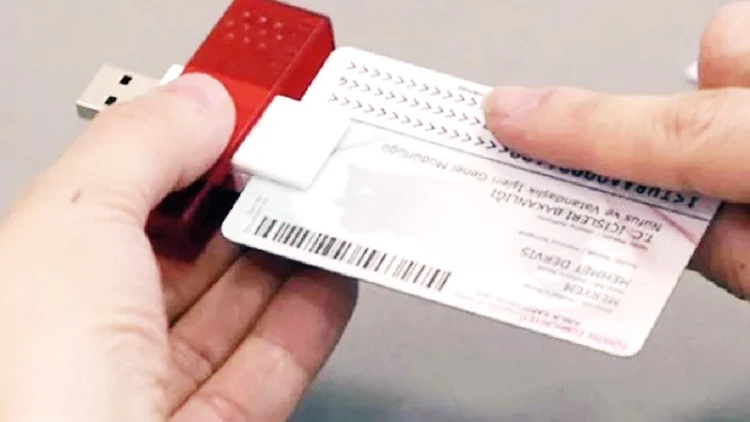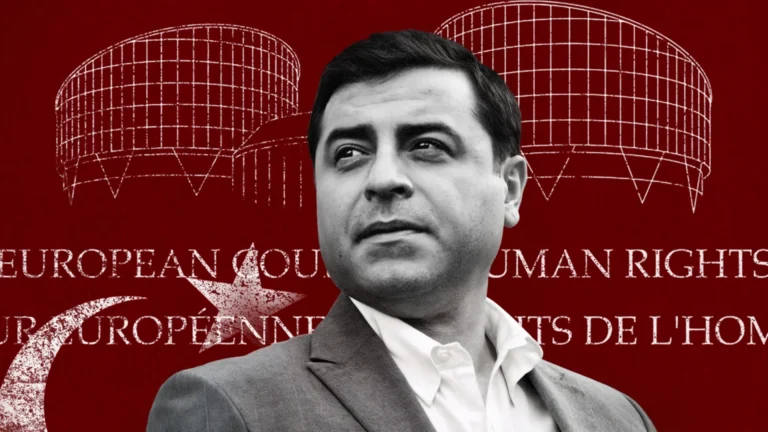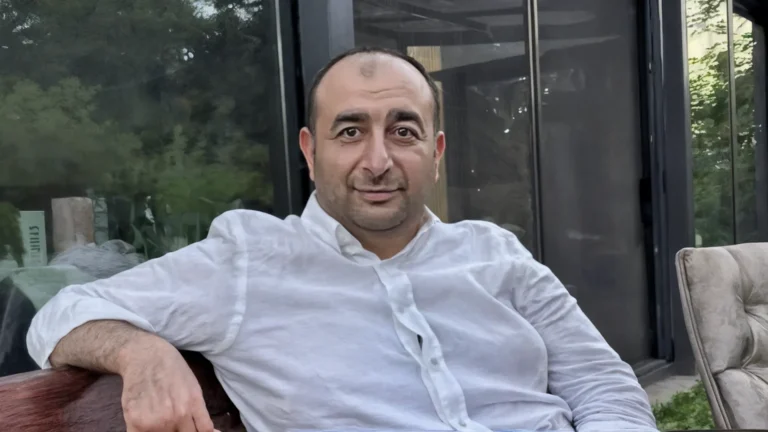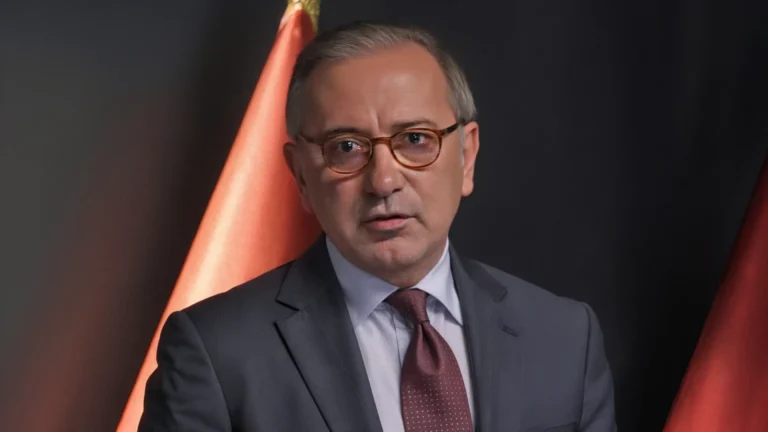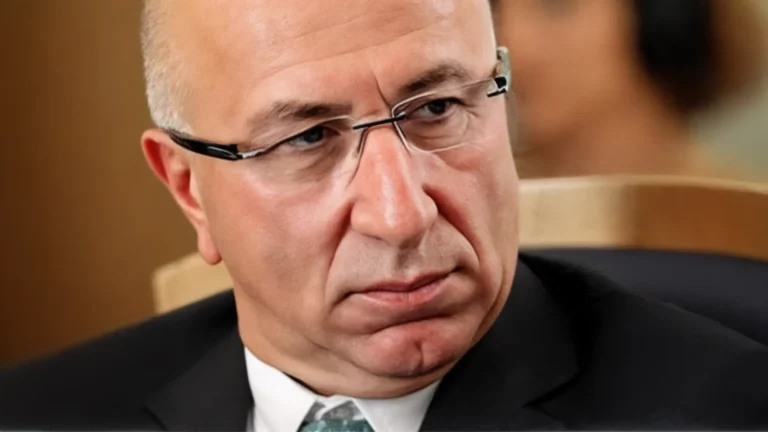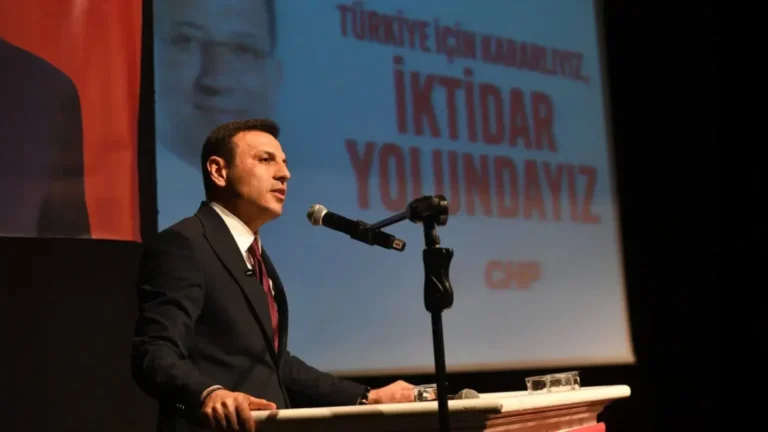Turkish prosecutors have launched a wide-ranging investigation into an alleged forgery network accused of exploiting the country’s digital identity infrastructure to falsify university diplomas, alter academic records, and manipulate state exam results. The scandal has implicated more than 200 individuals—including a descendant of the Ottoman Sultan.
| Hundreds implicated in fake diploma scandal in Turkey |
|---|
 |
| Hundreds implicated in fake diploma scandal in Turkey |
According to the Ankara Chief Public Prosecutor’s Office, the suspects gained unauthorized access to government and university systems by fraudulently obtaining electronic signatures—digital credentials widely used in Turkey to authorize official documents. Prosecutors allege that e-signatures belonging to senior officials at Gazi University and the Ministry of Education were used to insert falsified records into national education databases.
Prosecutors allege that forged e-signatures from employees at 14 institutions—including the Higher Education Council (YÖK) and the Information and Communication Technologies Authority (BTK)—were used to create fake academic credentials. The suspects reportedly exploited vulnerabilities in two digital certificate providers, TÜRKTRUST and E-İMZATR, to generate fraudulent e-signatures.
The forged documents include fake diplomas, altered academic transcripts, and modified drivers license test results. In some cases, failed test scores were changed to passing grades, enabling individuals to obtain driver’s licenses or academic credentials, who otherwise would not have qualified.
Among those named in the investigation is Abdülhamit Kayıhan Osmanoğlu, a descendant of 19th-century Ottoman Sultan Abdulhamid II. Official records listed Osmanoğlu as a graduate of İnönü University’s History Department, though prosecutors found no evidence of his enrollment or graduation. His case is being investigated separately, but may be merged with the broader indictment if further evidence is obtained.
An indictment finalized in May names 134 suspects, 16 of whom are currently in custody. The charges include forgery of official documents, unauthorized access to information systems, misuse of personal data, and violations of national testing regulations. If convicted, the accused could face prison sentences ranging from 6 to 45 years.
Deceased lawyers’ identities purged to falsify diplomas
In a particularly disturbing revelation, the indictment states that the suspects targeted the digital records of lawyers who died in the February 2023 earthquake—one of the deadliest disasters in Turkey’s history, which claimed at least 53,000 lives. Prosecutors allege the deceased lawyers’ graduation records were deleted from the national education database and replaced with credentials issued in the names of entirely different individuals, allowing unqualified persons to pose as law school graduates, by taking their spots on the graduation roster.
The Ministry of Environment and Urban Planning confirmed that a senior official’s e-signature had also been compromised. An unauthorized login to the official’s e-Government account was traced and reported to prosecutors in June. Investigators have reportedly identified several IP addresses linked to the breach.
400 academics alleged to have faked degrees
Initial reports in Turkish media suggested that up to 400 academics may have received their credentials through this scheme. In response, YÖK President Prof. Erol Özvar called the allegations “extremely serious” and announced internal investigations at affected universities. However, the Presidential Directorate of Communications later issued a statement saying that, based on information from the Prosecutor’s Office, none of the 220 individuals under investigation held academic positions.
Only a driving instructor and a fitness coach—neither formally recognized as educators—were confirmed to be among the suspects.
The suspects are also believed to have used forged identity documents to apply for e-signatures at certification centers across several Turkish cities, including Adana, Mersin, Hatay, Ankara, and Istanbul. These credentials enabled them to access restricted government and university systems, where they inserted fake diplomas and altered exam results.
Medyascope'u destekle. Medyascope'a abone ol.
Medyascope’u senin desteğin ayakta tutuyor. Hiçbir patronun, siyasi çıkarın güdümünde değiliz; hangi haberi yapacağımıza biz karar veriyoruz. Tıklanma uğruna değil, kamu yararına çalışıyoruz. Bağımsız gazeteciliğin sürmesi, sitenin açık kalması ve herkesin doğru bilgiye erişebilmesi senin desteğinle mümkün.
Some clients reportedly paid up to 400,000 Turkish Lira (approximately $13,000 USD) for forged credentials.
Gazi University and the Ministry of Education have been officially listed as complainants in the case.
 |
| Hundreds implicated in fake diploma scandal in Turkey |
İmamoğlu’s university diploma remains annulled
In a politically charged development linked to the broader issue of forged academic credentials, Istanbul’s imprisoned Mayor Ekrem İmamoğlu continues to face mounting legal pressure following the annulment of his university diploma. On 18 March 2025, Istanbul University revoked İmamoğlu’s undergraduate degree after determining that his 1990 transfer from Girne American University in Northern Cyprus did not meet the legal standards in place at the time. This decision came despite his legal team presenting documentation they claim supports the legitimacy of the transfer. University officials declared the transfer “null,” deleted his academic record from the national Higher Education Council’s database, and withdrew his diploma from the Faculty of Business Administration.
- Jailed presidential candidate İmamoğlu: “We won’t play along” | Exclusive
- Turkey’s opposition presidential candidate detained
The decision carries significant political consequences. İmamoğlu is the main opposition candidate for the presidency and a key rival to President Recep Tayyip Erdoğan. Turkish law requires presidential candidates to hold a recognized university degree, and without valid credentials, İmamoğlu is now ineligible to run for national office unless the revocation is overturned.
Further complicating his legal battles, Istanbul prosecutors issued a separate indictment on 4 July 2025, accusing İmamoğlu of “aggravated forgery in a continuous manner.” Prosecutors allege that he obtained his diploma through fraudulent means and committed document forgery during the transfer process. The indictment seeks a prison sentence of up to eight years and nine months, along with a political ban that would bar him from holding public office.







